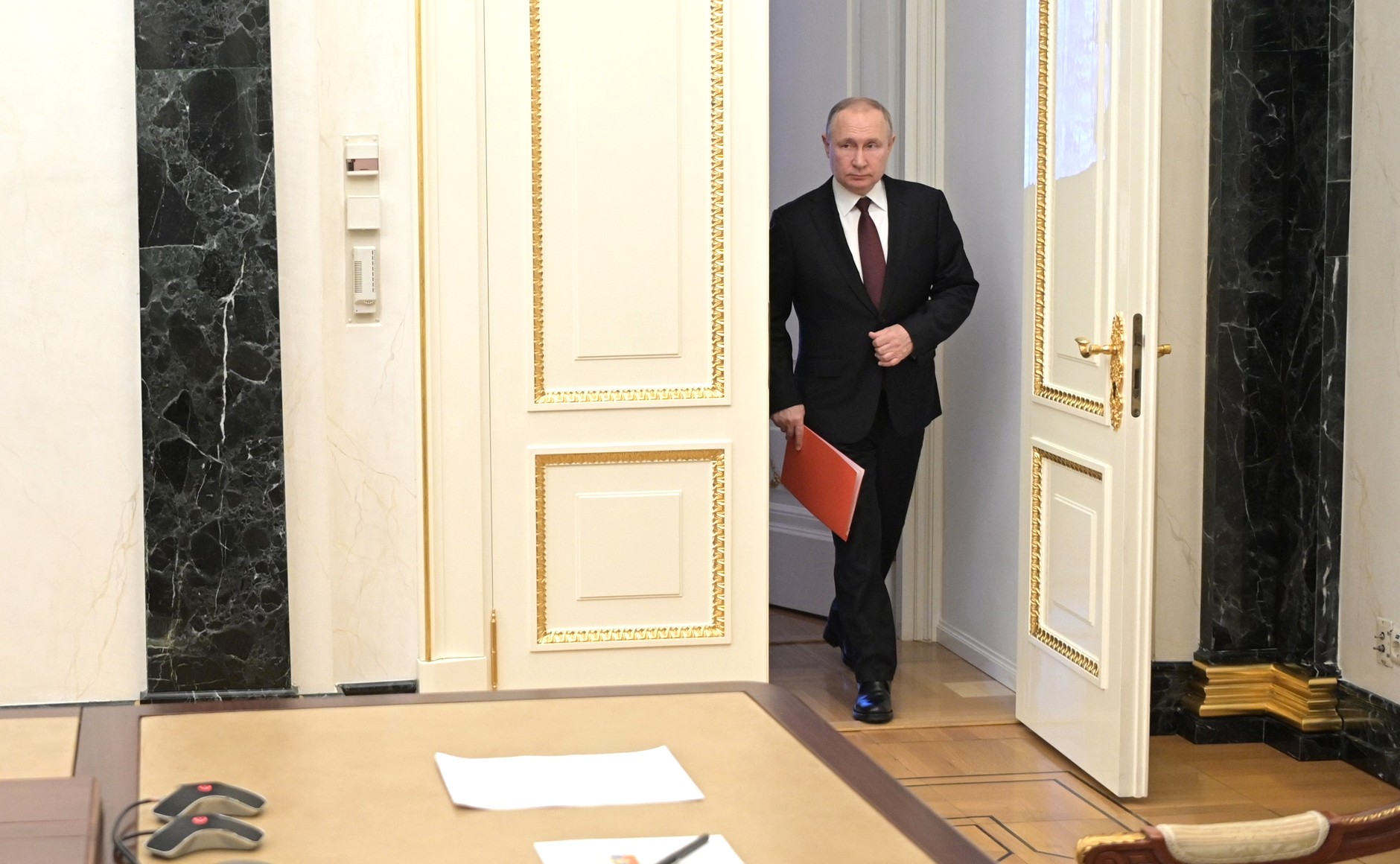Putin will win in Kiev but he won’t be able to celebrate, that’s why

What will happen in Kiev. The point of Gianmarco Volpe, the global desk chief of Agenzia Nova
PUTIN, KIEV AND THE SCENARIOS
The longer the hours go by, the more things seem to get bad. A mileage Russian convoy is heading towards a snow-covered Kiev in these hours: Moscow tries the final push. It is difficult, however it will go, to free oneself from the feeling that this conflict is going in a direction that Russia did not want and, perhaps, did not foresee.
Putin's calculations were based on two assumptions which, as we have seen, turned out to be wrong. The first is that the Ukrainian army would have dissolved in the face of the Russian advance: this was what happened in the Donbas in 2014, and moreover, without firing a shot, Russia had managed to annex Crimea in the same year. In these eight years, however, the Ukrainian armed forces have evolved, trained, armed with the West, and count on half a million men with combat experience on the Eastern front. People used to facing a better equipped enemy (unlike the Russians, who at most have dirty their boots in Syrian cities already leveled by bombers). Above all, people who fight to allow the survival of their country, who work to feed the myth of national resistance. On the other hand, professional soldiers fighting for the promise of an apartment in a suburban residential complex. And who, apparently, also show a certain reluctance to open fire against men who speak the same language, pray to the same God and who resemble their friends, their brothers in every way. The choice of the Russian generals to resort to Chechen meat for slaughter should also be read from this point of view, people who do not resemble the Ukrainians at all and who tend not to go too far.
The second thing Putin was wrong about is that the West would split. He had so many reasons to believe it. He had recorded timid reactions from the Western chancelleries when he entered Georgia and when he annexed Crimea. Recently he had seen the United States take the right interest in European affairs, Brexit, the arrival at the White House of a president who – let's put it this way – does not exactly embody an idea of vigor and resolve, the anguished flight from Afghanistan , the quarrel between the US and France over nuclear submarines in Australia. The attack on Kiev comes after all this, but it has triggered a reverse process. I do not know if it is European 11 September, as Foreign Policy writes, but it seems clear to me that Putin has provided Europe with that common enemy it needed to fulfill itself as a geopolitical subject, with a common foreign and defense policy. The economic sanctions had been anticipated by the Kremlin, although perhaps not to this extent, but the sending of arms to Ukraine worth hundreds of millions of euros represents a point of no return. Not only in relations between Russia and Europe, those already compromised, but also in the folds of a conflict which Moscow – unless it immediately manages to secure the western borders of Ukraine – must now put an end in the as short as possible.
Putin may be able to enter Kiev in Kiev, but only to find his political grave there. Perhaps his grave is enough, because if it is true that history still counts for something, it must also be said that in Moscow for some centuries now the replacement of leaders follows a rather precise script: a cold, a dacha, a corpse exposed in the square Red.
This is a machine translation from Italian language of a post published on Start Magazine at the URL https://www.startmag.it/mondo/putin-kiev/ on Tue, 01 Mar 2022 15:46:31 +0000.
